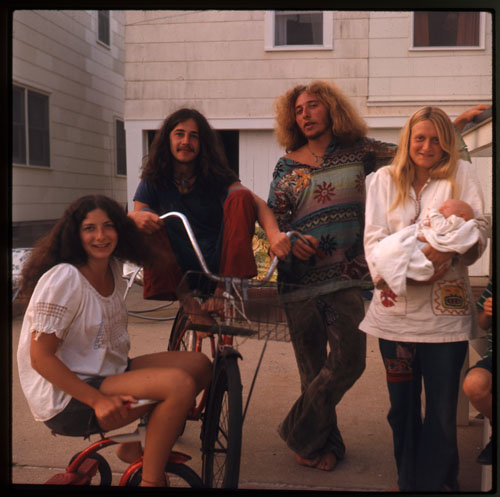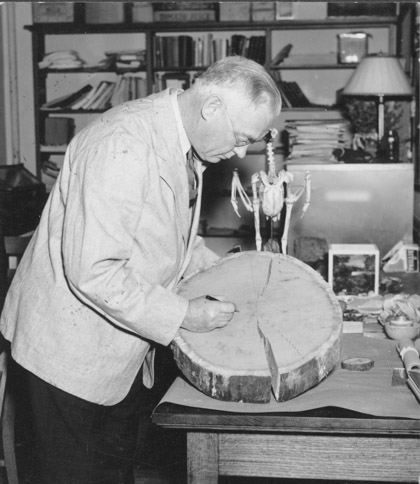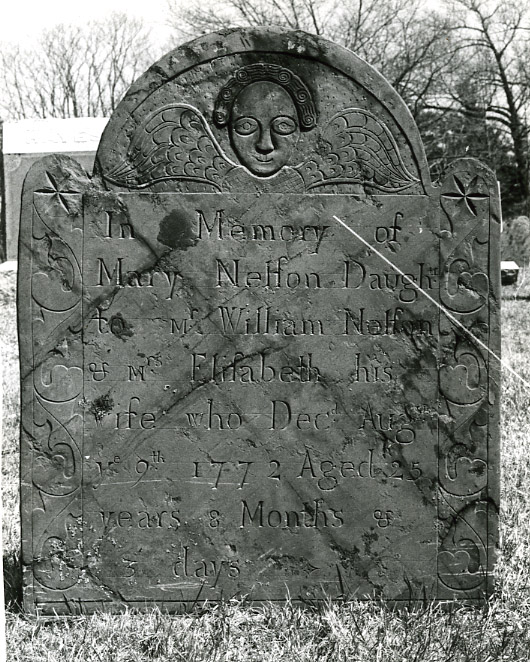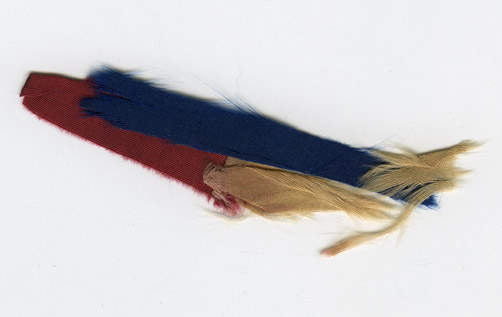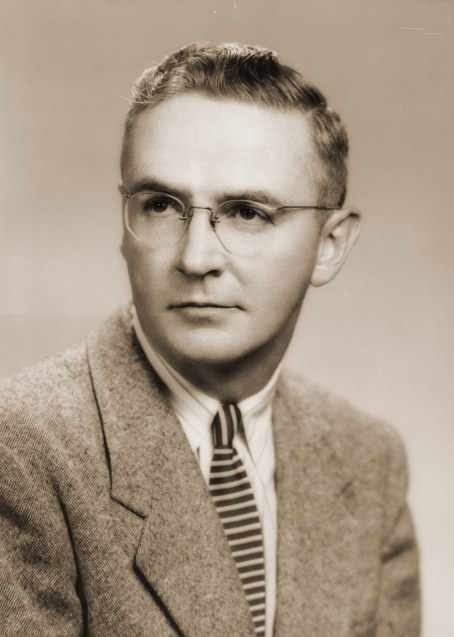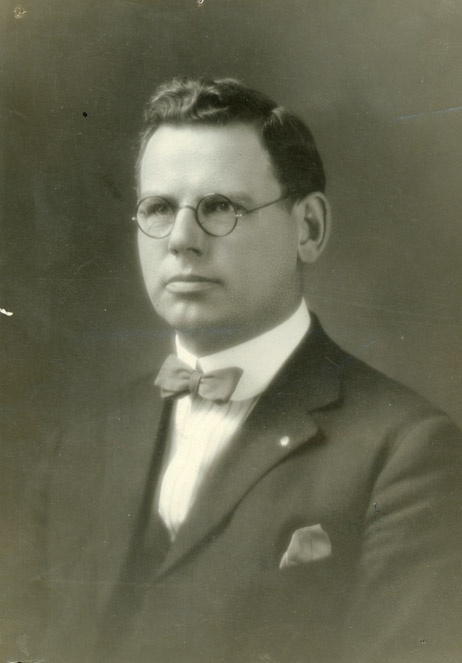Norwich (Conn.) Ironmonger's Account book
Straddling three rivers with easy access to Long Island Sound and the Atlantic, Norwich, Conn., was an important center during the mid-nineteenth century for the shipment of goods manufactured throughout eastern Connecticut.
Despite covering a limited period of time, primarily 1844 and 1845, the account book of an unidentified iron monger from Norwich (Conn.) provides insight into the activities of a highly active purveyor of domestic metal goods. The unidentified business carried a heavy trade in the sale or repair of iron goods, as well as items manufactured from tin, copper, and zinc, including stoves of several sorts (e.g., cooking, bricking, coal), ovens, pipes, kettles and coffee pots, ice cream freezers, lamps and lamp stands, reflectors, and more. The firm did business with individual clients as well as mercantile firms, corporations such as the Mill Furnace Co., organizations such as the Methodist Society, the city of Norwich and County of New London, and with local hotels.

